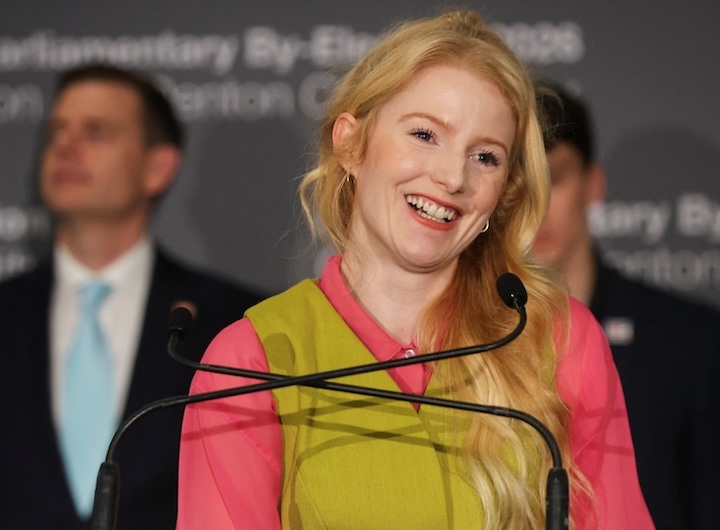by Rajnish Singh
When attendees booked their places for this year’s 61st Munich Security Conference, little did they expect the earthquake that would upend the transatlantic relationship. US Vice President JD Vance gave a highly critical speech of the EU, telling a shocked audience that the biggest threat to Europe was not external but from within, accusing governments of retreating from their values and ignoring voter concerns on migration and free speech. European leaders, especially the Germans, responded with much consternation and anger.
A few days before the conference, US Defence Secretary Pete Hegseth gave a taste of what to expect, saying, “Stark strategic realities prevent the US from primarily focusing on the security of Europe.” US President Donald Trump will no longer tolerate an "imbalanced relationship" with its Western allies.
Europeans were expected to provide an "overwhelming" share of funding for Ukraine’s security. His country’s chief concern is now the Indo-Pacific region. NATO members should not only meet but exceed defence spending targets, with a push for spending to reach 5% of GDP.
A further blow to the egos of European leaders was delivered when Trump’s special envoy for Ukraine and Russia, Keith Kellogg, said they would not be directly involved in any negotiations to end the Ukraine war; only their interests would be considered.
Key Trump officials’ speeches made it clear to Europe that, despite years of U.S. signals about shifting focus to the Indo-Pacific, it was no longer viewed as an equal partner and urgently needed to overhaul its post-WWII security strategy.
Of course, the EU should have anticipated all this after the first Trump presidency, but it only started prioritising security after the June 2024 European Elections. One could argue they should have started to get their act together back in 2014 when the Russians annexed Crimea. But, of course, cheap Russian gas was too good to say no to, much to the understandable consternation of the US allies.
Immediately after the Munich Security Conference, French President Emmanuel Macron convened an emergency meeting with key European leaders on Monday, February 17, to discuss the next steps.
As expected, differences arose. While there was consensus on boosting defence spending, no agreement was reached on deploying troops to Ukraine. This summarises the challenges of creating a security structure without the US in many ways. Who would provide the leadership to unite all these diverse interests and capabilities, especially when Europe is economically and politically weak?
But whoever it is and however it comes about, it needs to be done fast. Trump, Putin, and Xi will not wait for Brussels to act together.




 By: N. Peter Kramer
By: N. Peter Kramer
